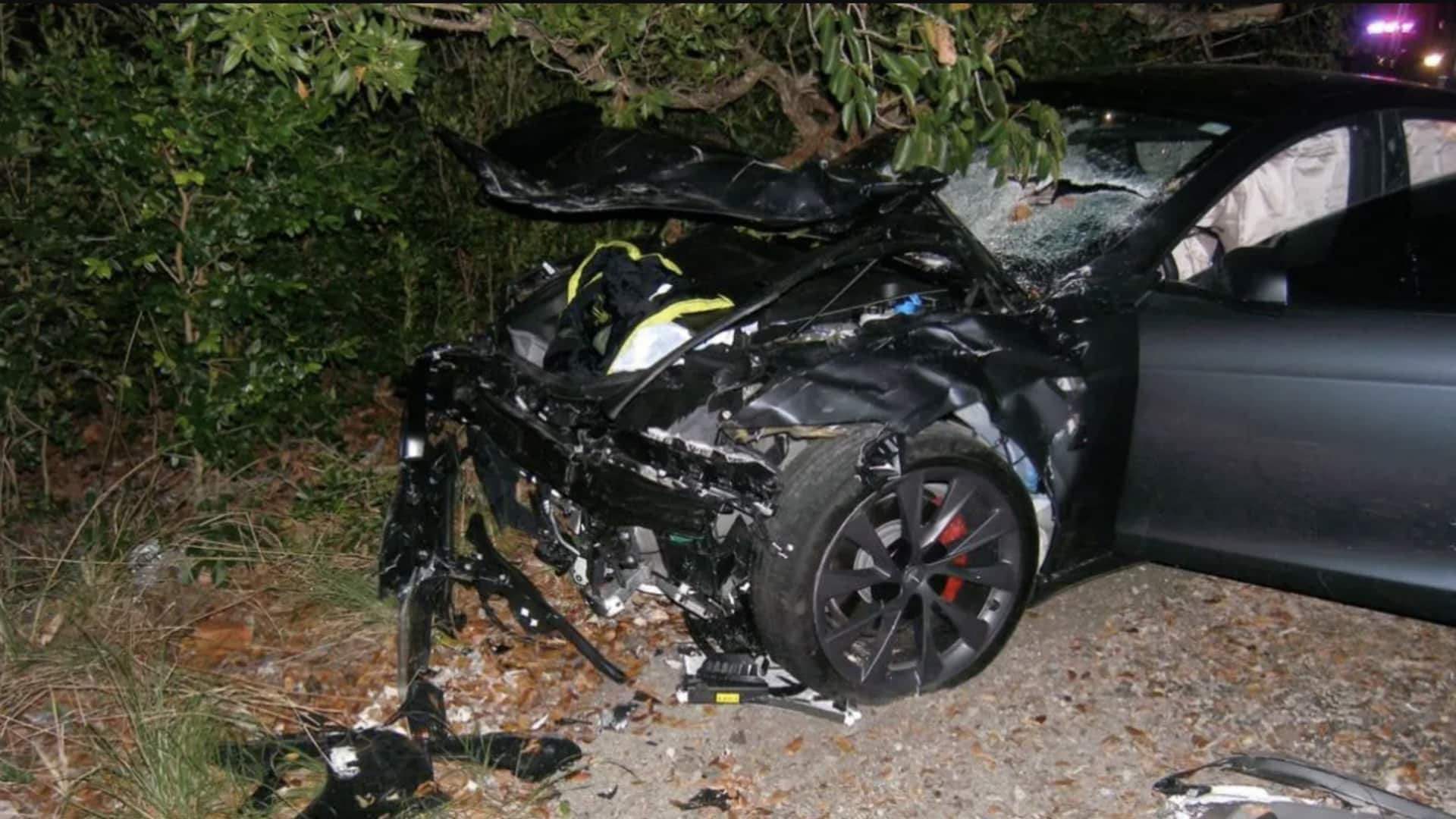
Tesla ordered to pay $243M in fatal Autopilot crash case
What's the story
Tesla has been ordered to pay $243 million in damages after a federal jury found the company partly responsible for a deadly crash involving its Autopilot driver assist software. The incident, which occurred in 2019, resulted in the death of a 22-year-old college student Naibel Benavides and serious injuries to her boyfriend, Dillon Angulo. This is Tesla's first major court loss related to its controversial driver-assistance technology.
Court decision
Jury found Tesla 33% liable for crash
The jury in Miami federal court found Tesla 33% liable for the crash. They ruled that a Tesla Model S driven by George McGee had run a stop sign at a T intersection in the Florida Keys and crashed into Benavides's parked Chevrolet Tahoe while she was standing next to it. The panel ordered Tesla to pay $42.5 million in compensatory damages to the victims and an additional $200 million in punitive damages.
Technology debate
Tesla blames driver for crash, maintains software not defective
Tesla asserts that its software is not defective and operates as intended. The company blames driver error for the crash, arguing McGee was an aggressive driver with a history of speeding. Tesla also contends that no driver-assistance technology available in 2019 could have prevented this crash. The automotive industry classifies vehicle automation systems from Level 0 to 5 based on their features, with Tesla's Autopilot being classified as Level 2 due to its requirement for constant driver input and supervision.
Crash details
Driver had accelerated to 27km/h over the speed limit
McGee, the driver of the Model S, had activated his vehicle's driver-assistance system while driving home from work. Data from the car revealed he had accelerated to 27km/h over the speed limit before veering off-road. He testified that he was on hold with American Airlines when his phone fell and he was looking for it just before crashing into Benavides's parked car. Tesla argued that McGee was entirely at fault for being distracted by his dropped mobile phone.
Appeal intentions
Tesla plans to appeal against verdict
Tesla now plans to appeal against the verdict, citing "substantial errors of law and irregularities at trial." This case is one of the few crash cases that have gone to trial against Tesla over its Autopilot technology, with others being settled out of court. Prior to this, Tesla had won two trials in California over Autopilot-related crashes. The company has also settled several cases blaming defective technology for fatal accidents.